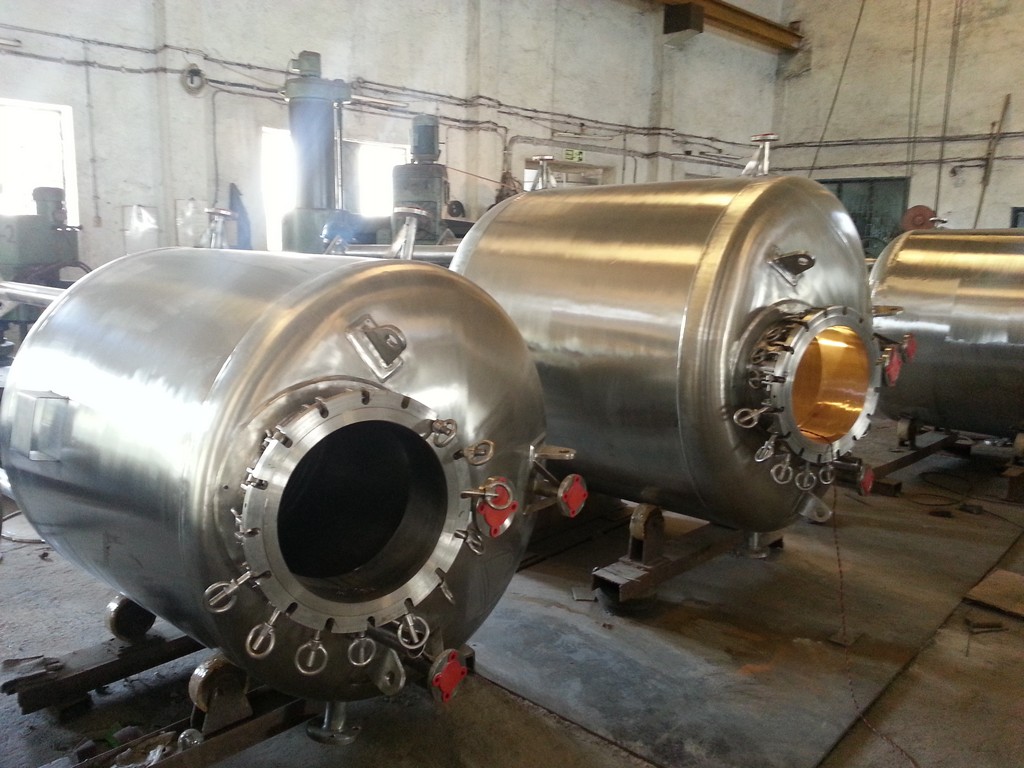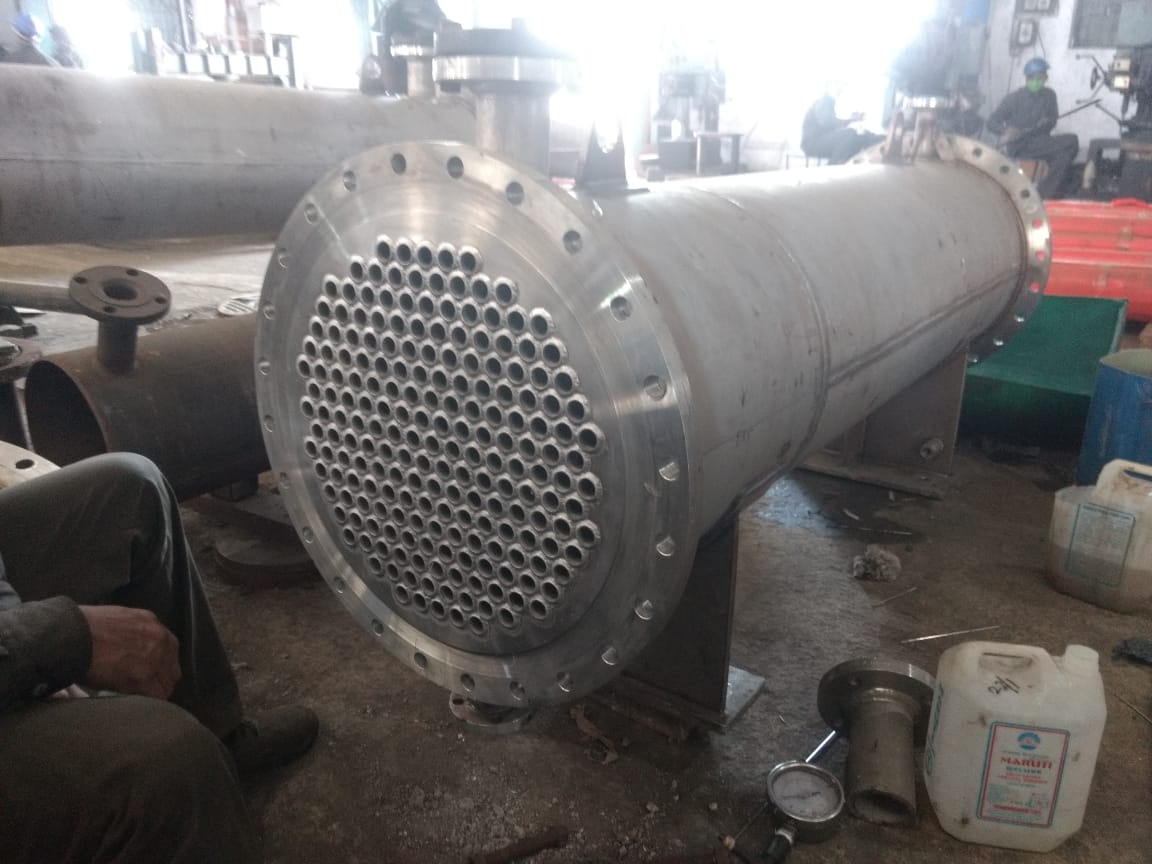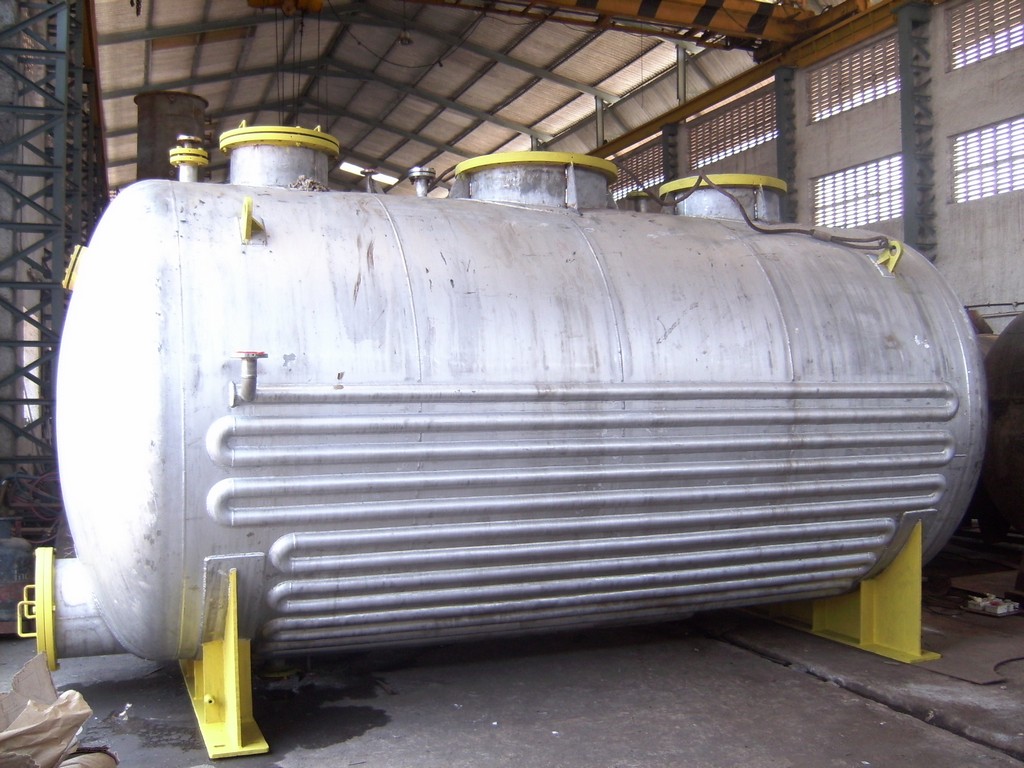
Comparing stainless steel and alloy reactors for pharma plants. Learn how top reactor manufacturers in India help facilities choose cost-effective, safe solutions.
In pharmaceutical manufacturing, reactors are at the heart of the process. They handle sensitive reactions, mixing, and temperature control—so choosing the right material for reactors is critical. Most facilities today face a common question: should they use stainless steel reactors or invest in alloy reactors?
Stainless Steel Reactors: The Popular Choice
For most applications, stainless steel (SS) reactors remain the first choice. They are:
- Durable and cost-effective – easy to maintain, with a lower initial investment.
- Hygienic – smooth interiors prevent microbial growth and are easy to clean.
- Widely used – trusted by leading SS reactor manufacturers in India and approved by global regulatory bodies.
For example, many Indian pharma plants producing APIs and formulations rely on stainless steel reactors because they strike the right balance between performance and affordability.
Alloy Reactors: When Conditions Are Tough
However, certain processes involve harsher chemicals, higher pressures, or extreme temperatures. In these cases, alloy reactors (like Hastelloy or titanium) become the better option. They:
- Resist strong acids and solvents.
- Last longer under aggressive conditions.
- Require higher upfront investment but reduce downtime and contamination risks.
For instance, a pharmaceutical facility handling highly corrosive intermediates may choose an alloy reactor to avoid frequent repairs.
Making the Right Decision
The choice depends on process needs. If your operations are routine and involve moderate chemicals, stainless steel is a safe, economical choice. But for specialized drugs, where chemical reactions are complex, alloys ensure safety and compliance.
Working with experienced reactor manufacturers in India helps pharma companies assess their unique requirements and pick the right solution balancing cost, safety, and long-term performance.





